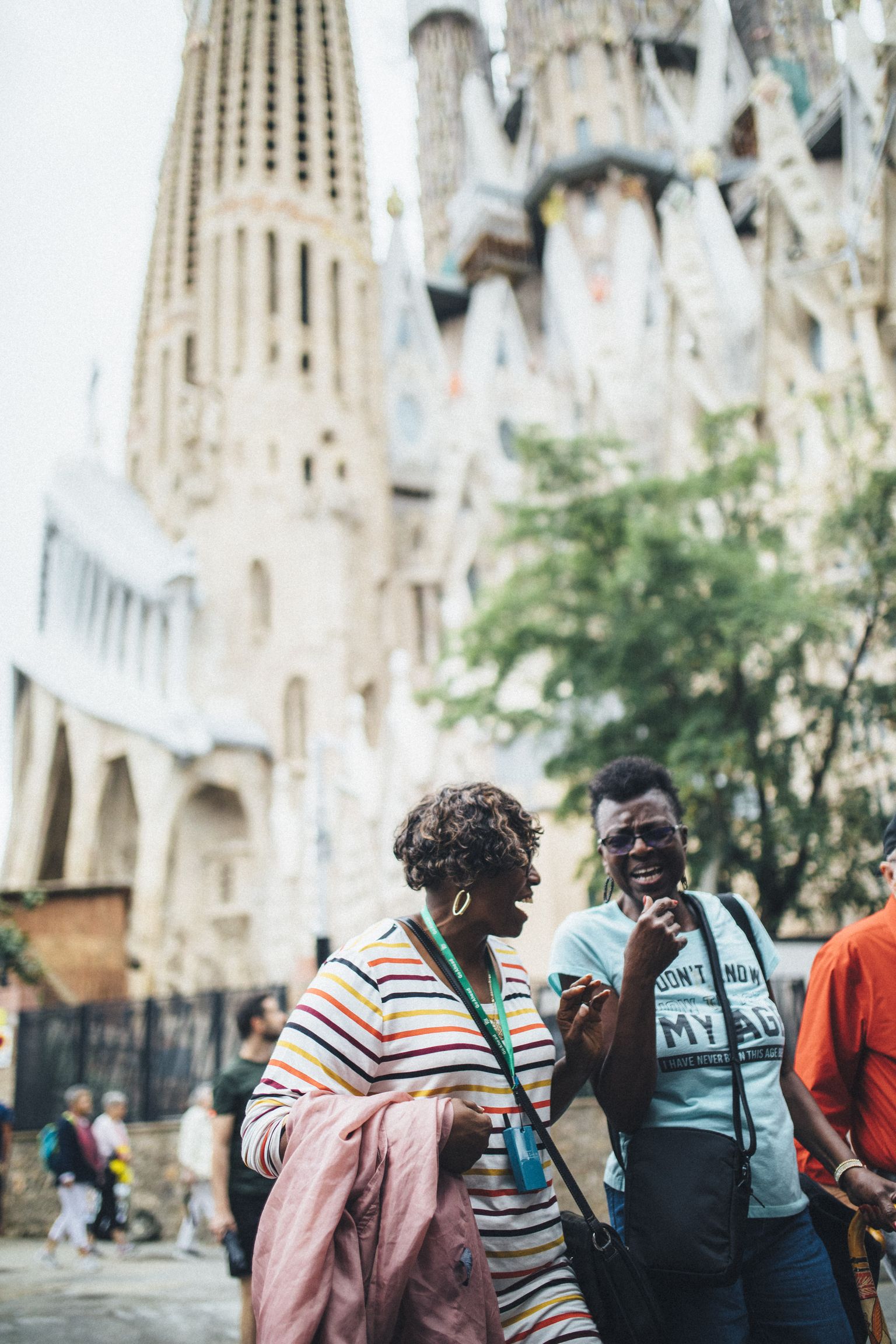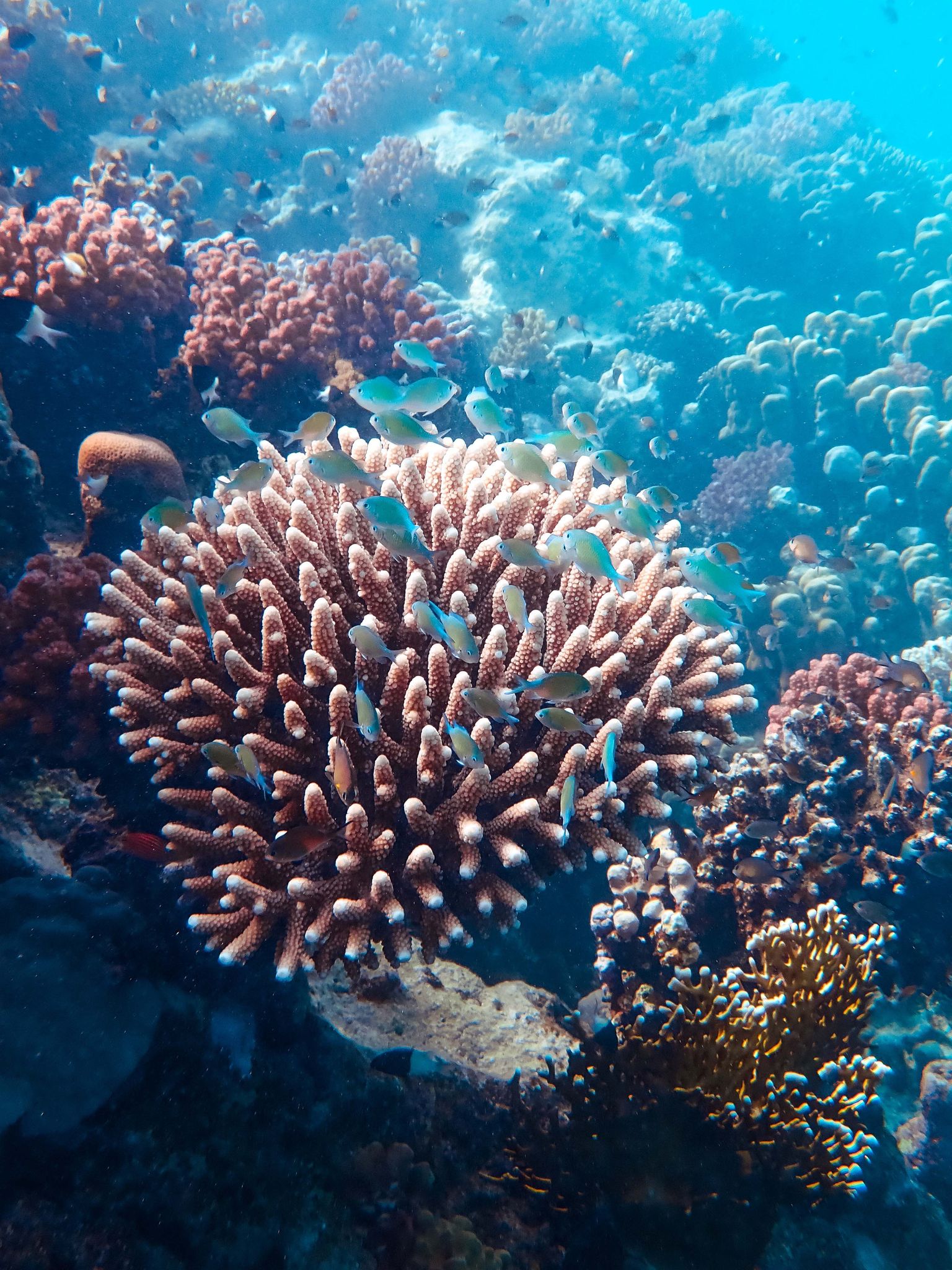Zimbabwe tours
Visit some of Africa's most impressive landscapes on our tours to Zimbabwe. From one of the world's strongest waterfalls to sunset game drives through grassy plains, explore Zimbabwe with us.
What travelers are saying about our Zimbabwe tours
5 out of 5 stars
3rd-time traveler Karen
Africa was a trip of a lifetime. I was pleasantly surprised to see how mountainous South Africa is. I was also impressed with how beautiful the landscape is. The people of South...
Traveled in Mar 2025 on South Africa: Cultural Cities & Wildlife Safaris
5 out of 5 stars
3rd-time traveler Stacey
Words cannot describe how majestic this journey to my ancestral lands was. From the culture to landscape, cuisine, safari, and Zimbabwe, I would venture to say that you have not...
Traveled in Dec 2024 on South Africa: Cape Town to Kruger National Park
5 out of 5 stars
2nd-time traveler Cheryl
I had the best time on this trip. Our Tour Director Jamie was awesome, amazing, knowledgeable, professional and just a genuine person. I enjoyed every leg of this journey, from...
Traveled in Nov 2024 on South Africa: Cape Town to Kruger National Park
5 out of 5 stars
1st-time traveler Pamela
This was a trip of a lifetime. The experience of touring South Africa was a dream that became reality. The trip was jammed pack with iconic locations and rich culture that we...
Traveled in Oct 2024 on South Africa: Cape Town to Kruger National Park
5 out of 5 stars
4th-time traveler Katherine
Roland guided us through multiple countries making sure our time on the African continent was full of sightings and understandings.
Traveled in Jun 2024 on Botswana & Zimbabwe Wildlife Safari
5 out of 5 stars
1st-time traveler Lori
Without a doubt an amazing immersive experience shared with a great group of people. Solo traveler joined by wonderful individuals whom I can now call friends including our tour...
Traveled in Sep 2024 on South Africa: Cape Town to Kruger National Park
5 out of 5 stars
2nd-time traveler Robin
This was an excellent trip to see a little bit of South Africa and Zimbabwe. I think my expectation may have been too high regarding Kruger National Park. I was expecting a...
Traveled in Sep 2024 on South Africa: Cape Town to Kruger National Park

Traveling with a group?
Bring 6+ friends with you, and your spot is free (including airfare)!
Learn more
Combine your Club Go credits
Earn rewards for every trip with Club Go’s automatic, free membership.
Join our loyalty program)
Already booked? Add excursions!
Add handpicked experiences and stay longer on a tour extension.
Customize your tourExperiential travel made easy
You dream it. We’ll take care of every last detail.
Pick your perfect trip
We offer 200+ immersive, guided tours around the world. Wherever you choose to go, you’ll enjoy lots of advantages that make traveling with us different.
Put just $99 down
That’s all it takes to secure a spot on one
of our group tours when you sign up for
AutoPay. Plus, you can pay in interest-free,
monthly installments.
Prep your packing list
While you’re deciding what to take, we’ll be busy arranging your hotels, meals, tickets, and more tour essentials. That’s what going guided is all about.
Go far (and get rewarded)
Take off on your big adventure— but why stop there? Every trip you book with us earns rewards that you can use to keep expanding your horizons.
Not sure which Zimbabwe tour is right for you? We're here to help.

Chat online
Chat instantly with us during our normal hours, or leave a message and we’ll get back to you ASAP.
Schedule a call
Let us know your preferred time to chat and a travel expert will reach out.
Travel tips for Zimbabwe trips
From one of the world’s most powerful waterfalls to sunset game drives through open grassy plains, find out firsthand why Africa is paradise for animal lovers and nature buffs. Here are the top three places to visit when you travel to Zimbabwe:
Victoria Falls. Considered one of the Seven Wonders of the Natural World and earth’s largest curtain of falling water, Victoria Falls is a highlight on any of our Zimbabwe tours. The mist that rises when the water hits the plateaus below can be seen more than 12 miles away and often creates beautiful, fully arching rainbows. Victoria Falls’ indigenous name is Mosi-oa-Tunya, meaning “the smoke that thunders.” June and July are the best months to view the magnificent falls. Water levels are still reasonably high then, but low enough so there’s less spray and more visibility.
Planning to travel to Zimbabwe? Read more about Victoria Falls before you go →
Hwange National Park. Have your camera ready when you visit Zimbabwe’s largest game preserve. More than 100 species of mammals (including the Big Five) and 400 species of birds make their home in Hwange National Park. On our Zimbabwe tours, you’ll ramble across sweeping landscapes in search of elephants, giraffes, lions, buffalo, and a wealth of plains game. Elephants are the park’s most famous inhabitants. In fact, Hwange National Park is home to one of the world’s largest populations of the gentle giants.
Lake Kariba. Though not included on typical Zimbabwe travel packages, Lake Kariba is well worth the extra effort to see. The massive manmade lake (the world’s largest) offers magnificent sunrises and sunsets, sport fishing (the ferocious tiger fish), and excellent game viewing (think elephants, hippos, and crocodiles). The lake sits in the north of Zimbabwe, along the border of Zambia.
Weather and your interests play a big role in when you travel to Zimbabwe. While you can expect tropical heat year-round, the rainy season generally runs from October to March. But if you plan and pack accordingly, any time of year can be enjoyable to explore the country on Zimbabwe tour packages.
- July through October. The high season for travel to Zimbabwe coincides with peak game viewing. You can expect milder temperatures and almost no rain during the dry season, making it a great time to book a safari on tours to Zimbabwe.
- November through March for birding. If you’re interested in some of the world’s best birdwatching, you won’t find a better time to visit Zimbabwe. Pack rain gear along with your binoculars and enjoy the thousands of migratory birds that accompany the rain. With the tourist crowds thinned, you’ll have more of Zimbabwe to yourself.
- Go between April and June to catch Victoria Falls at its thunderous peak. When the rains end in March, the Zambezi River reaches its peak and Victoria Falls is in full flow. You’ll be rewarded with some of the most dramatic views of the falls.
Fresh ingredients and traditional recipes handed down through generations are the hallmarks of Zimbabwean food. When you visit Zimbabwe, you’ll find that locally sourced vegetables, fruits, meat, and fish make the most delicious, flavorful dishes. Here are some of the top foods to try on trips to Zimbabwe:
- Sadza. This stiff maize meal porridge, found in every household, is a staple of the Zimbabwean diet. (It’s often the first food fed to babies.) What affects the flavor most is what sadza is served with—meat, veggies, and sauces. Sadza is excellent for dipping, too. Roll it into a ball and you’re ready to dunk it into stews and sauces.
- Locally raised beef and goat. Zimbabwe’s dry, hot climate makes it more receptive to raising cows and goats than vegetables. That’s why you find meat on every menu, prepared in a variety of ways. Whether barbequed outdoors on a braai, seasoned and dried like a jerky (biltong), or in a traditional beef stew, such as nanya, locally raised meats are a favorite when traveling to Zimbabwe.
- Fish. Much like the locally raised meats, the freshwater fish found on menus in Zimbabwe is prepared in many ways. Look for freshly caught tilapia grilled over hot coals at a street venue. Tilapia, like the sardine-sized kapenta from Lake Kariba, is also dried and served as jerky or in fried dishes. Regardless of the fish dish, you’ll find that Zimbabweans are passionate about maximizing the flavor.
- Mopane worms. For the culinarily curious, fried mopane worms are considered a delicacy in Zimbabwe. The worms are prized for their protein and are often served with sadza. Some say the crunchy treat tastes like salty potato chips or burnt steak. You be the judge.
Tours to Zimbabwe are always incredible, but having the right stuff in your suitcase makes every trip better. You’ll want to be prepared for hot sunny days, cooler nights, and the occasional rain shower. Packing for safari also has its own set of rules and recommendations. Here are the essentials to toss in your suitcase.
- Sun protection. When you travel to Zimbabwe, sun protection is very important. Bring sunscreen, sunglasses, and a broad-brimmed hat to protect your face and the back of your neck from the sun.
- Light layers. Expect hot, sunny weather during the day and the chance for cooler temps at night on Zimbabwe tours. You’ll want to pack loose-fitting, layered clothing so you’ll be ready for a range of temperatures. Quick-dry material is best for hot days, while a jacket is ideal for layering for early morning or evening game drives.
- Neutral colors. Wear muted colors for game drives. Bright clothing may scare animals away, and blue and black clothing attracts tsetse flies.
- Rain protection. Occasional rain showers are common during certain seasons, so lightweight rainwear may be necessary depending on the timing of your trip. A light, waterproof jacket will keep you from getting soaked when the showers appear.
- Comfortable footwear. Comfortable, closed-toe shoes, such as sneakers or lightweight hiking boots, are best for wherever you travel on Zimbabwe trip packages. Whether walking the trail to Victoria Falls or on a full-day game drive in Hwange National Park, you’ll be glad you brought your most comfortable footwear.
- Soft-sided duffel bag. If you’re going on safari when visiting Zimbabwe, you’ll need the right bag. Wheeled and hard-sided bags aren’t permitted. Our staff researched the pros and cons of the top soft-sided duffels. Read the results and recommendations for African safari packing tips →
- Other essentials. Insect repellent and binoculars are highly recommended. We also suggest bringing a flashlight, as some hotels turn off their electricity at night.


